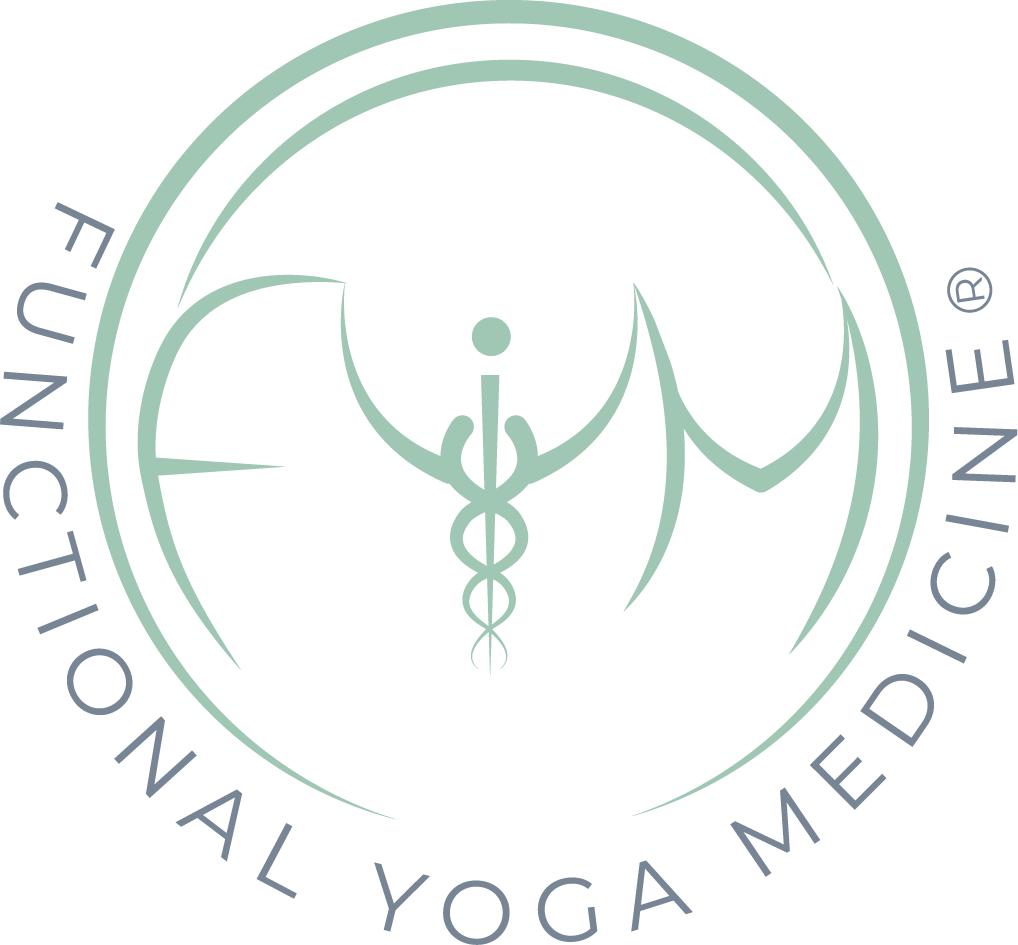Millions of people throughout the world suffer from high cholesterol. High cholesterol increases your risk for chronic diseases such as heart disease and stroke. Because it is so common, you decide to go get your blood checked. Your reading comes back and you indeed, like so many other people, have high cholesterol. Your doctor recommends some form of statin (a cholesterol lowering medication). So you take your prescription and off you go. Taking medicine is easy enough, right? Wrong! Taking medications comes with side effects, including nutrient deficiencies.
Statins may help lower cholesterol, but they also lower the amount of Coenzyme Q10 (CoQ10) in your muscles. CoQ10 works to create energy in the form of ATP and acts as an antioxidant. CoQ10 is attracted to fatty substances and uses LDL cholesterol to move throughout the body. Statins decrease the amount of LDL cholesterol in the body without increasing the amount of CoQ10 absorbed and stored in the muscles. Deficiency of CoQ10 can lead to fatigue, muscular weakness, improper muscle function, and neurological syndromes. Think about trying to lower your cholesterol with your diet instead. Or, if you do opt to take a statin to help lower your cholesterol, take a CoQ10 supplement as well.
Regardless of whether you choose to take statins or not, a proper diet is important to bring your bad LDL cholesterol level down and your good HDL cholesterol level up. Increasing your unsaturated fatty acid intake (such as olive oil, avocado, and nuts) and decreasing your saturated fat intake (animal fat and palm oil) can help decrease your LDL cholesterol. Increasing your HLD cholesterol is a lot harder for most people. Exercising regularly and eating more omega-3 fatty acids (which include canola oil, sunflower seed oil, and walnuts) will help raise your HDL levels.



